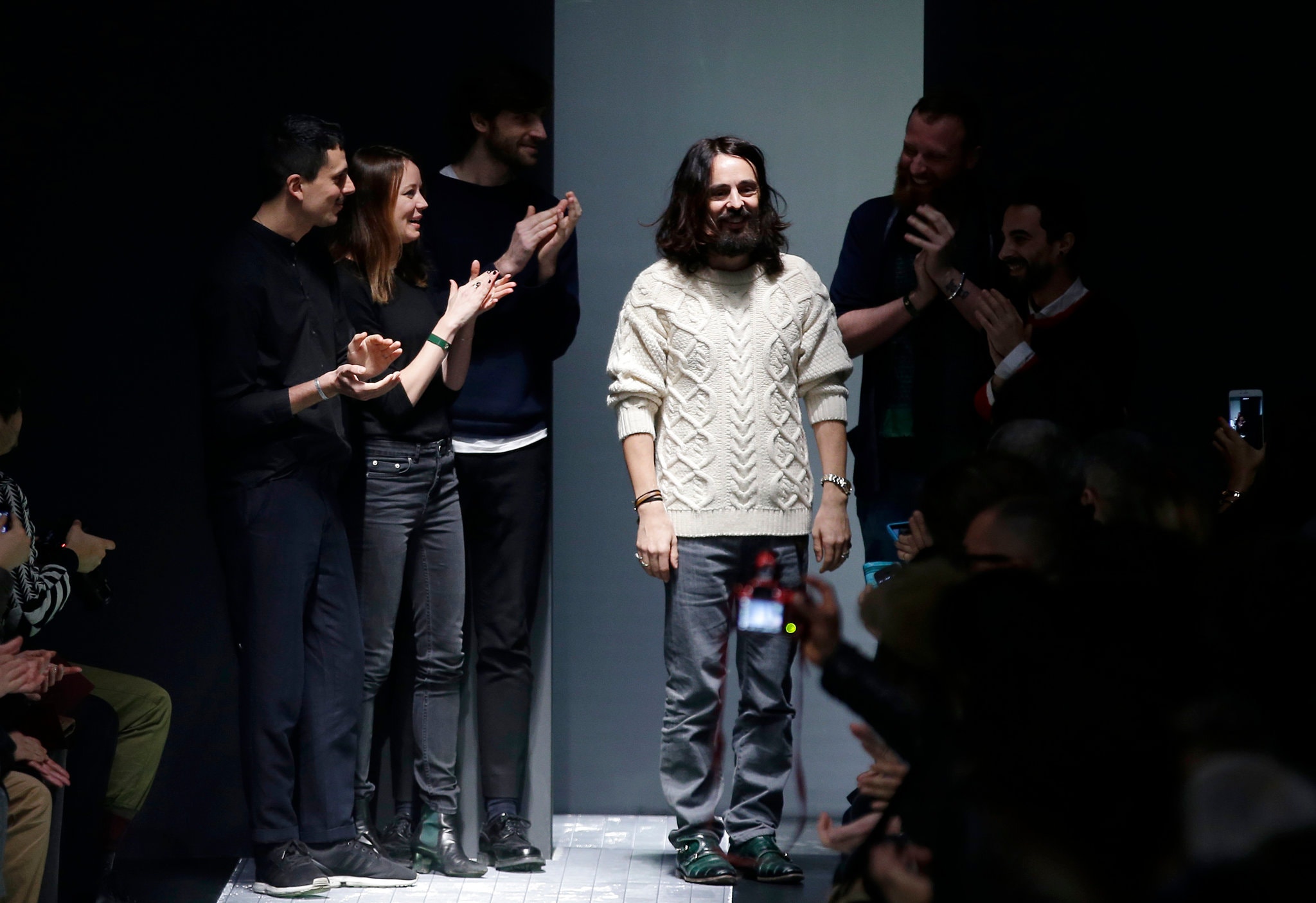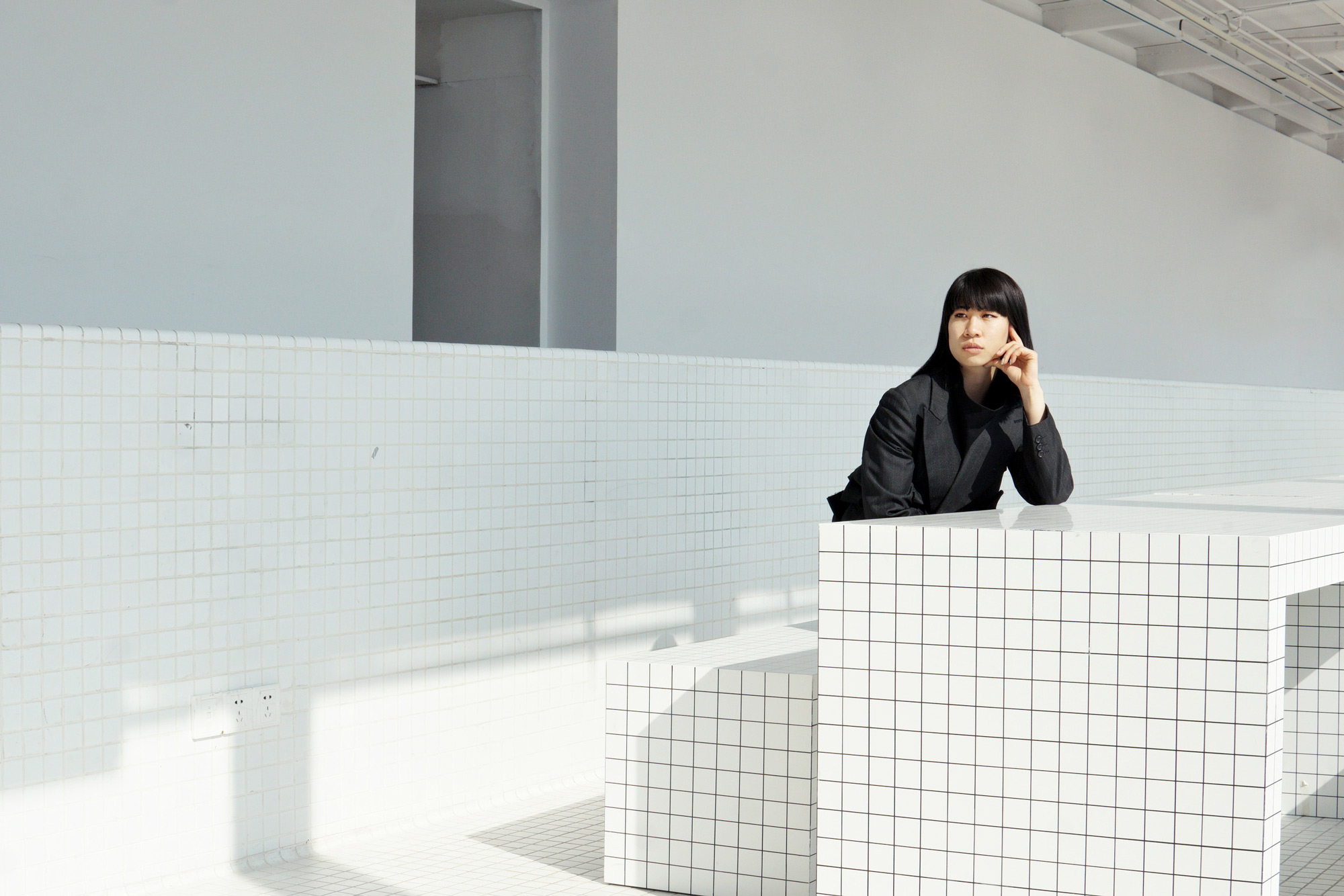
Fashion and Its Charming Front
Fashion is built on the illusion of grandeur, beauty, creativity, power, and money. Just look at Jean Paul Gaultier’s final couture show. It was an extravaganza like no other, celebrating the legacy of the designer that spanned decades and was attended by the biggest names in the industry.
Even if one has not been in the business for very long, social media promises the glitz, the parties, the soirees, the dinners as long as you can built your way up to the top as influencers; while at the same time turning a blind eye to the toll on their self-esteem due to the constant pressure of staying beautiful, young and relevant by documenting their lives twenty-four seven.
When it comes to the production side, Dior and Chanel unabashedly portrayed the intricacies of their tidy ateliers and glittery couture embroideries, painstakingly crafted by young men and women whom are most likely interns (as opposed to the older women in lab coats who are full-time staff). Little is shown of the factories they outsource most of their productions to.
And let us not forget the clothes that flutter down runway shows. Beautiful models caked in make-up, decked out in glorious ensembles made of the most expensive organza, animal hairs and hides. Seeing beauty and aesthetics presented in its highest form, one cannot help but be charmed by the promise of a life filled with brimming with excess but devoid of struggles.
Praying for The Trickle Down Effect
Swayed by the illusion of a life surrounded with beauty and creativity, flocks of starry-eyed youths signed up for fashion schools every year only to find that their paths towards creative designer stardom is hindered by unpaid internships; the kind that dangles valuable work experience and the possibility of full-time employment in lieu of wages. A minority do manage to get their foot in the door. Unfortunately many of them were made to do menial tasks such as fetching coffee and making personal appointments for their bosses. Throw in a dose of emotional abuse from narcissistic and self-absorbed bosses, long working hours seven days a week, and you’ve got the perfect recipe for a toxic work environments.
Bleak tales of serial interns can be found around the world. They struggle to make ends meet in expensive metropolitan cities as they toil away every night in a studio, yet they held on for the promise of a full time job in the industry. Being able to put down names like Vogue, Louis Vuitton or Gucci on one’s resumé may do wonders for one’s career prospects, and more importantly one’s ego. But full-time opportunities are never promised to interns, unlike a Graduate Program. The companies know this, so they perpetuate these unfair work practices just because they can. Take Alexander McQueen for example. The British label was acquired by the luxury conglomerate Kering in 2001. One would naturally assume that having the financial backing of a a well-known French conglomerate, interns working in McQueen would be adequately compensated for the hard work they have to put in everyday. In 2010 however, The Guardian published a story that painted a different picture.
Cassidy also claims the company relied on interns to carry out core work. “In the pattern making department there were 10 interns and only five paid staff. In embroidery there was just one designer and 10 interns.”
In May last year, after eight months of unpaid work, he quit. “I left because it was obvious there was virtually no chance of getting a job there,” he says. “They would have been happy for me to continue, but I just couldn’t afford to go on working for nothing. I had already done five unpaid fashion internships elsewhere.”
More recently, the Olsen twins – celebrities since toddlers; owners of the ultra-glamorous The Row brand – were sued by an intern who was made to do tasks that was typical of a full-time employee’s without any remuneration. You would think that someone worth a few hundred million dollars would have the spare cash to pay minimum wages for a few more employees to run their billion-dollar business (yes that’s how much The Row is valued at right now).

The reality for fashion interns is that the jobs that are available are too few and far between. As fashion is becoming more mainstream, the competition is now tougher than ever, giving more power to companies in dictating work conditions. The practice of unpaid internships discriminates against students and graduates who don’t have families or sponsors willing to fund their unpaid career choices indefinitely. Back in the 90s, David Foster Wallace wrote a short story about pompous trust fund girls working in a glamorous fashion magazine. Two decades later, the situation has not changed.
Judging from the endless testimonials of ex-fashion interns, it is no longer a secret that a large swath of the industry is built on the backs of those whose contributions are seen as disposable. Unfortunately the same trend is happening in China. Behind opulent doors at elite office addresses, European luxury brands in Chinese headquarters hire interns to keep operational costs low. They are paid by the day no matter how many hours they put in. They are often hired for a minimum of six months so they can learn to carry out many aspects of the business, neatly sidestepping the need to invest in full-time employees. Just like their American and European counterparts, many of these fashion graduates are finding it hard to survive on sub-minimum wages if they want to continue working for prestigious firms.
It is no wonder that some Chinese-grown fashion companies are adopting the exploitative employment practices. A major fashion showroom company in Shanghai is known for their high turnover rate due to the owner not valuing her employees. Staff complaints range from having to brave the winter months without heating, not having a day off for two straight months, and excessive difficulty in claiming expense reimbursement. Waving about her newly bought diamond ring in front of the staff who were disproportionately underpaid for the amount of hours they put in certainly did not help her case. She isn’t overly concerned with the flurry of resignations that land on her desk every couple of months because there are too many starry-eyed youths in China willing to take up the same job. Some Chinese labels that have become international media darlings are known for their hostile bosses and designers, making the work situation toxic and unbearable. The fashion industry in China is so close knit that there is an unofficial ranking amongst insiders for the most notorious companies to work for.
And yet, the myth of fashion’s glamour persists. Vogue Business in China recently published an article that detailed the 0.1% earners in the industry, with each profession such as creative directors and stylists earning seven figure sums and up. There is no mention of the median earnings in those roles. Such one-sided reporting comes across as an irresponsible move that paints the industry in an unrealistic light. It is no wonder that more students signed up for fashion courses than ever before, hoping to be the next Virgil Abloh, swayed by the possibility of a over-inflated income while cozying up to celebrities.
So You Want To Work in Fashion
Being exploited as a full-time unpaid intern in a prestigious luxury brand is a soul-sucking way to break into the industry. For every success story there are hundreds, if not thousands of ex-interns who gave up their dreams and moved on to other industries. The sad reality is that market forces and luxury conglomerates who have a monopoly on prestige have normalised bad employment practices in fashion.
All is not lost, however. The industry is always in need of non-forward facing unglamorous roles such as pattern makers, cutters, sample machinists and garment technologists armed with fresh perspective and creative problem-solving skills. These jobs are far more plentiful than their glamorous counterparts, not to mention being transferable across companies, cultures and regions. You might have to start at a factory floor, but it beats running around the city returning samples and fetching coffee for people who don’t remember your name.
And speaking as someone who laments on the lack of experienced and sophisticated pattern-makers, I hope the younger generations would answer the call.





Great writing on this topic. I see this issue also as a major driver of so many fashion companies’ struggles in recent years – their struggle to keep up with what the customer wants, to innovate, and to stem the loss of marketshare to new players. What outputs can you expect from a middle-manager who spent the last 4 years doing primarily menial tasks to earn their place, and who comes from the socio-economic background necessary to have afforded and stayed stable through those dues-paying years? Is it a surprise they’re underdeveloped, underdeliver, and miss the boat on things like inclusivity and transparency? The interns you invest in or neglect today become your leaders tomorrow.